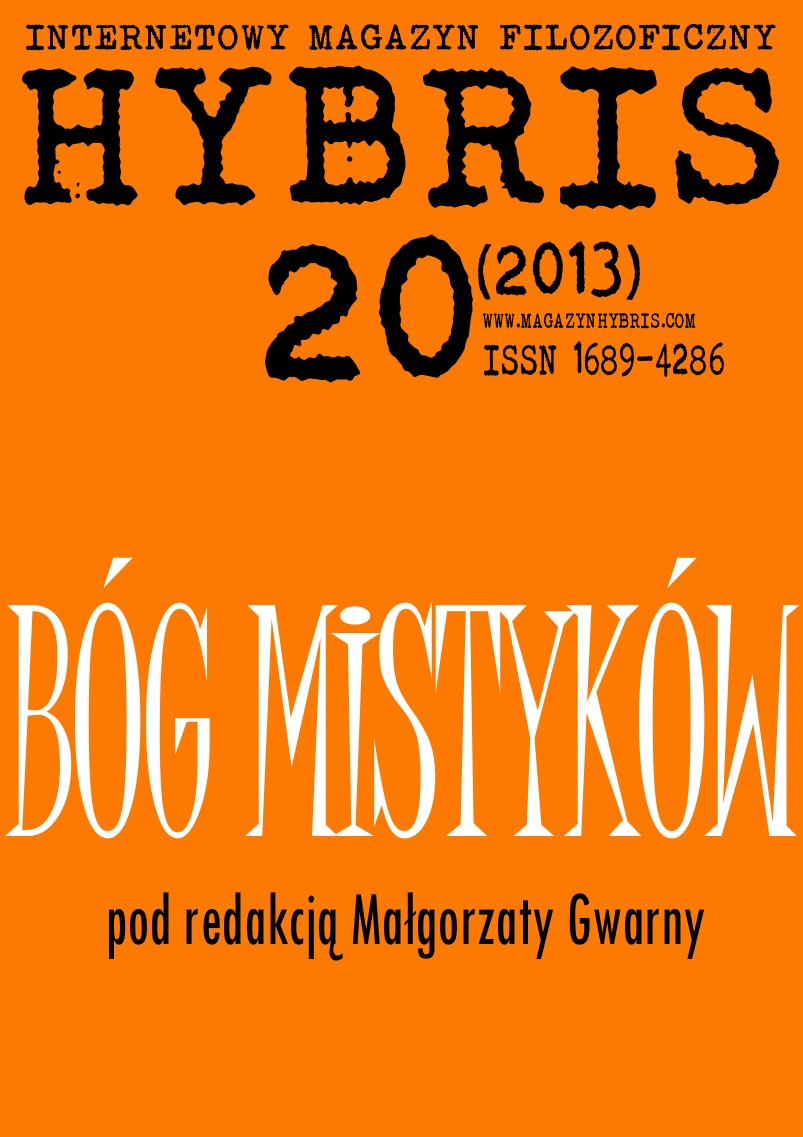Sophia – God’s wisdom. Quality, energy or separate divine person in the theology of the eastern church (to the 15th century)
DOI:
https://doi.org/10.18778/1689-4286.20.02Abstract
The representation of Sophia – personified God’s Wisdom, based on the text of old-testament Sapiental Books, took quite an important place in the spiritual culture of Byzantium. What should be noted is the Empire inhabitants’ striving to identify Wisdom with one of the persons of Trinity. A vast majority of the Church Fathers and later East Christian thinkers inclined towards christological interpretation of Sophian images. The Second Hypostasis – the Word Incarnate, was identified with Sophia by Justin Martyr, Athenagoras of Athens, Clement of Alexandria, Origen, Methodius of Olympus, Eusebius of Caesarea, Cyril of Jerusalem, Athanasius of Alexandria, Gregory of Nazianzus, Gregory of Nyssa, Cyril of Alexandria, Theodoret of Cyrus, Anastasius of Sinai, Patriarch Germanus of Constantinople, St. Theodore of Stoudios, Symeon the Metaphrast, St. Simeon the New Theologian, and Philotheos Kokkinos – author of three extensive educational works devoted to Sapiental metaphors, presented in the Book of Proverbs. Several other apologists preferred to identify God’s Wisdom with the Holy Spirit (Theophilus of Antioch, Irenaeus of Lyons, Paul of Samosata). At the same time in the Byzantine theology emerged a completely abstract interpretation of Sophia, based on the views of Saint Basil the Great, Pseudo-Dionysius the Areopagite and Maximus the Confessor. Its highlight was to be a theory, proposed by Gregory Palamas in the fourteenth century, according to which Sophia should be understood primarily as one of the uncreated energies of God.
Downloads
Published
How to Cite
Issue
Section
License

This work is licensed under a Creative Commons Attribution-NonCommercial-NoDerivatives 4.0 International License.
Funding data
-
Narodowe Centrum Nauki
Grant numbers 2011/03/N/ HS2/00890






